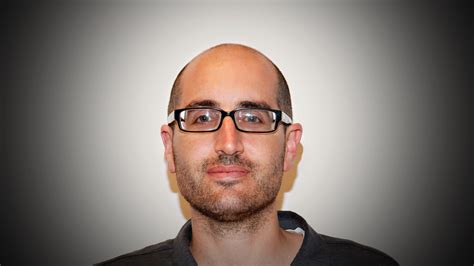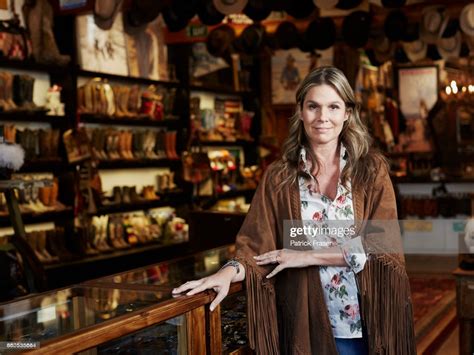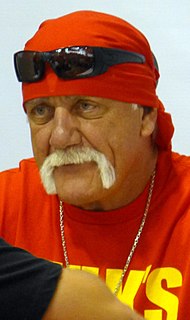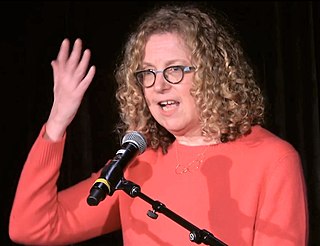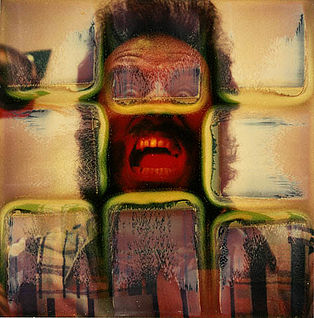A Quote by Marion Bartoli
I think if people ask, 'How is Marion Bartoli?', they will always respond, 'She's a nice person.' That's what I'm most proud of.
Related Quotes
People are always asking, "Is this person in front of me the same on the inside as he or she appears to be on the outside? Is there congruence between what's within that person and the words and actions I'm viewing and hearing externally?" Children ask that about their parents; students ask it about their teachers; parishioners ask it about their pastors and priests; employees ask it about their bosses; and in a democracy, citizens ask it about their political leaders.
People are always trying to tell you how they feel. Some of them say it outright, and some of them, they tell you with their actions. And you have to listen. I don't know what will happen with your lady friend. I think she's a nice person, and I hope you get what you want. But do me a favor: Listen, and don't ignore what you hear.
Think how you love me,' she whispered. 'I don't ask you to love me always like this, but I ask you to remember.' You'll always be like this to me.' Oh no; but promise me you'll remember.' Her tears were falling. 'I'll be different, but somewhere lost inside me there'll always be the person I am tonight.
if your subject is an actor, he or she will also be shorter in person than they appear onscreen. This, also, you must keep to yourself. Even if you think you are giving their lack of height a positive spin, you aren't. 'You always seem larger than life in photos, but it's nice to see that in person you're just like us' might seem like a compliment, but what a star hears is 'You're stumpy, and you will lose jobs to taller people.
I always try to say what I'm thinking, what I'm feeling, and without fear of what others will say or think, and that's how I've always lived. Sometimes, this has ended up hurting me, and other times, it has helped me, but I think you can never forget who you are, and I've always been myself, and that one of the things I'm most proud of.
My kind of nightmare quote is from Deborah Tolman, who does research on girls and desire and is, I think, brilliant. She told me that by the time girls are teenagers, when she asks them how sexual experience made them feel, they respond by how they think they looked; they think that how they look is how they feel.
Because of my experience in Occupy, instead of asking the question, "Who will benefit from this system I'm implementing with the data?" I started to ask the question, "What will happen to the most vulnerable?" Or "Who is going to lose under this system? How will this affect the worst-off person?" Which is a very different question from "How does this improve certain people's lives?"
I'm looking back at what I did and how it works. In a sense I'm waiting to see how people will respond. I'm waiting to see how you respond, without asking me to tell you what I think about it, because it is your job to give me an idea of how you go about thinking about this work. And if it's too absurd then, you know, I'll kick you out!





